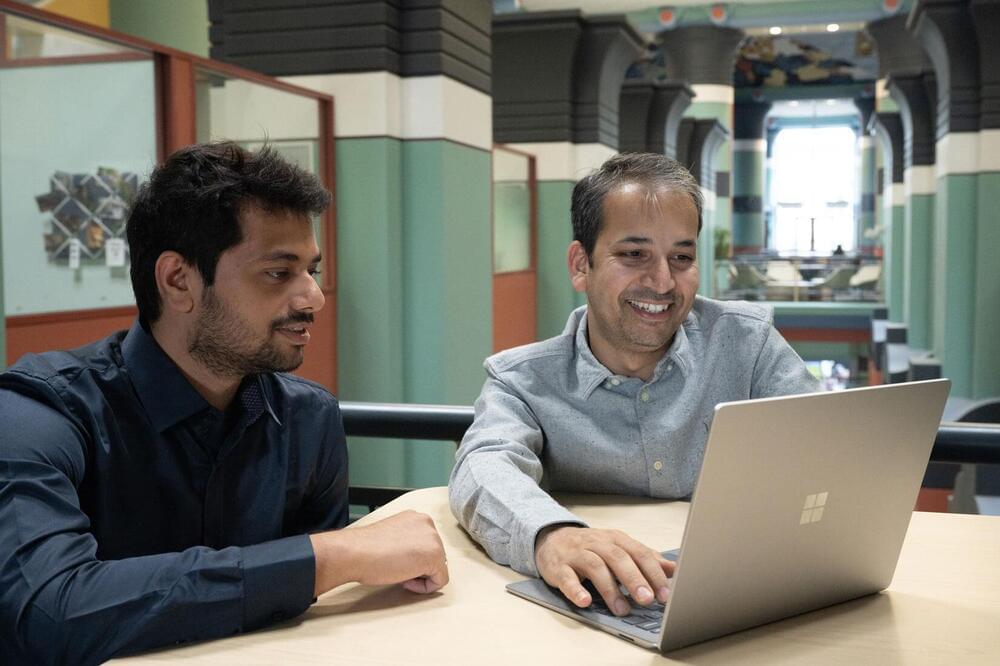A breakthrough low-memory technique by Rice University computer scientists could put one of the most resource-intensive forms of artificial intelligence—deep-learning recommendation models (DLRM)—within reach of small companies.
DLRM recommendation systems are a popular form of AI that learns to make suggestions users will find relevant. But with top-of-the-line training models requiring more than a hundred terabytes of memory and supercomputer-scale processing, they’ve only been available to a short list of technology giants with deep pockets.
Rice’s “random offset block embedding array,” or ROBE Array, could change that. It’s an algorithmic approach for slashing the size of DLRM memory structures called embedding tables, and it will be presented this week at the Conference on Machine Learning and Systems (MLSys 2022) in Santa Clara, California, where it earned Outstanding Paper honors.
